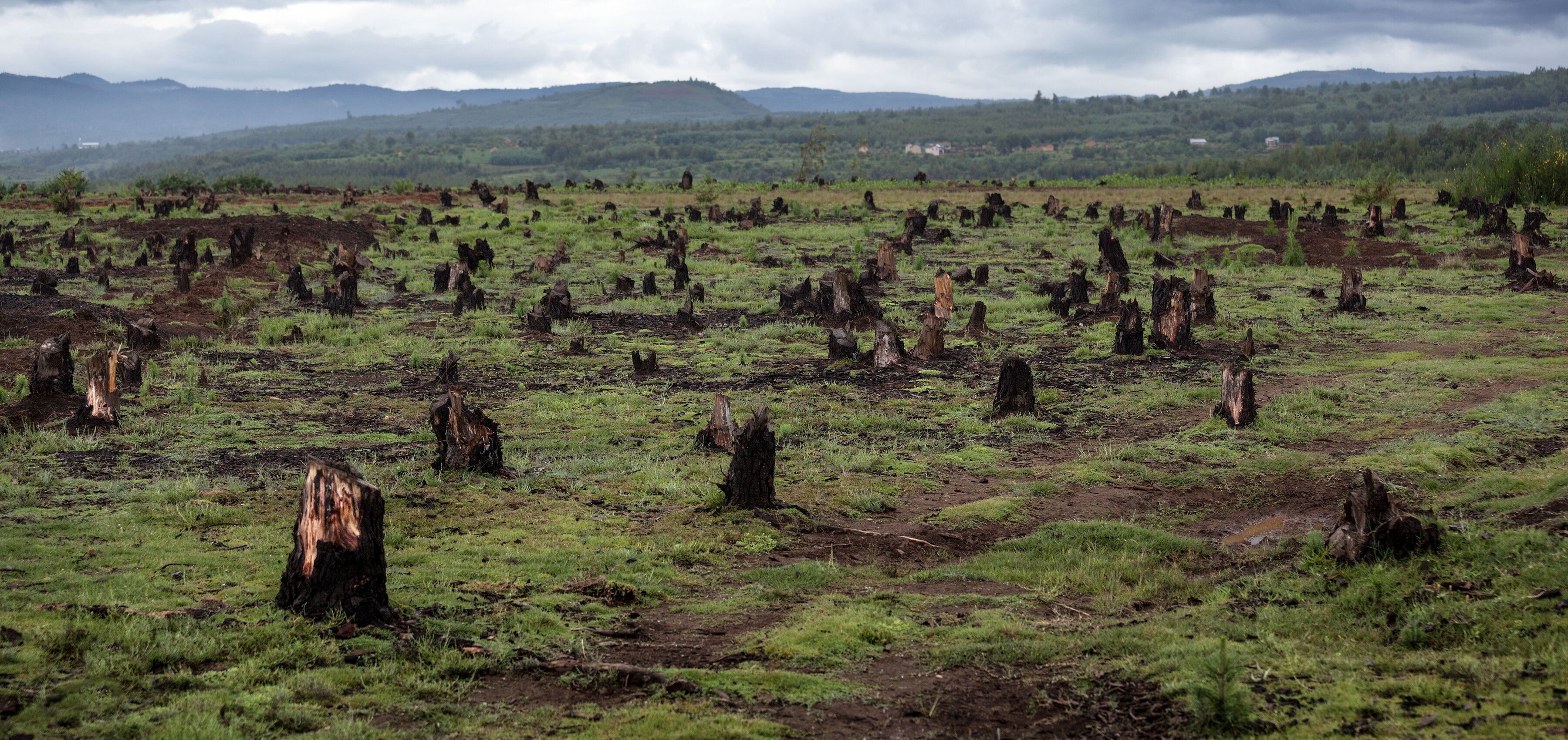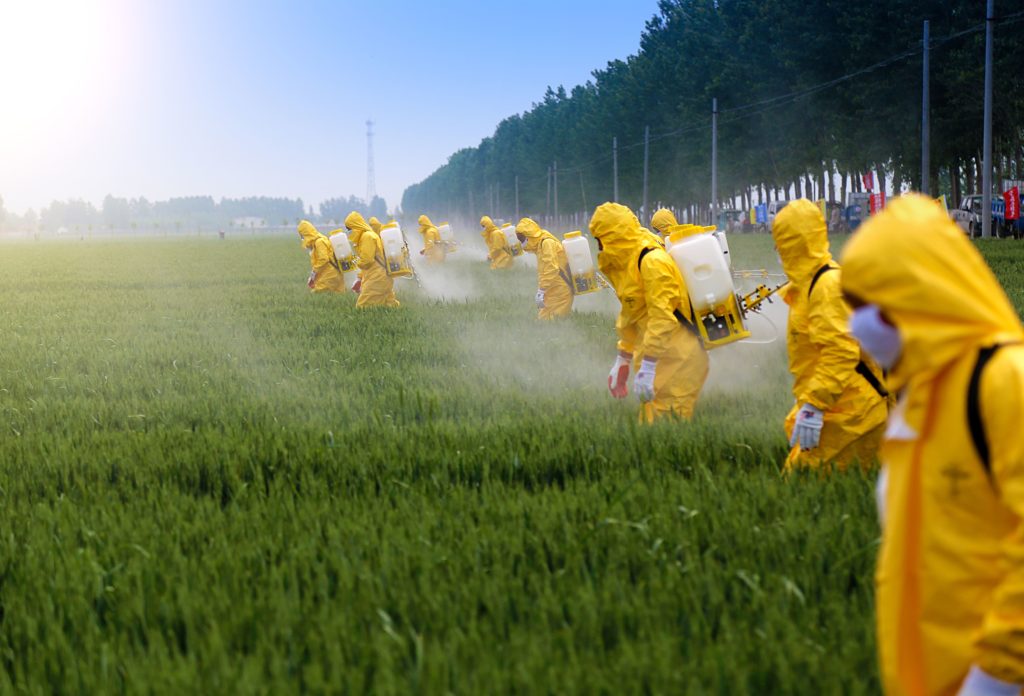A new report warns that the biodiversity of species is threatened more than ever with huge implications for global food production and security.
Humans are the most dominant species on the planet, representing a global population of seven billion with a growth rate expected to reach 10 billion by 2050. The earth’s resources are limited, and the demand for minerals, fossil fuels, land, crops and other commodities is exhausting both wildlife and their ecosystems at an unprecedented rate, warns the Intergovernmental Science-Policy Platform on Biodiversity and Ecosystem Services (IPBES).
The report’s research is the first intergovernmental report, of its kind, collecting insights over a three-year time frame from 145 authors across 50 different countries. The research provides the most in-depth analysis to date on the changes in our ecosystem over the past five decades.
“The overwhelming evidence of the IPBES Global Assessment, from a wide range of different fields of knowledge, presents an ominous picture,” said IPBES Chair, Sir Robert Watson. “The health of ecosystems on which we and all other species depend is deteriorating more rapidly than ever. We are eroding the very foundations of our economies, livelihoods, food security, health and quality of life worldwide.”
More than 75 percent of freshwater resources and more than a third of the world’s land surface are dedicated to crop and livestock production. Our growing population demands 300 percent more agriculture commodities since the 1970s, yet our current food production practices are sustainable.
A recent report conducted by the World Resource Institute says farmers would have to produce 56 percent more calories in 2050 than in 2010 to meet rising livestock demands for meat. This increase would require manufacturers to chop down trees, ecosystems, and natural habitats to make land space for farming double the size of India.

The newly published IPBES report states land degradation is affecting a quarter of our global land surface and damaging agriculture and livestock productivity. In addition, $577 billion worth of global crops is at risk each year due to pollination loss and the erosion of coastal habitats.
The impact of climate change will affect some areas of the world more than others. A UN report predicts that climate change will disproportionately affect the farming yields of West Africa and India by 2050, as these countries could have limited capacity to adapt to extreme weather. This will, in turn, make their crops more expensive to buy for people who live in these regions.
IPBES states that the rapid fluctuations in weather from floods, hurricanes and extreme heat will also deteriorate the living conditions for many farm animals, and the condition to breed healthy and sustainable livestock for food.
Fishing also is being overutilized, with 33 percent of marine stocks reported in 2015 to be harvested at an unsustainable rate, and 60 percent of fish harvested at its maximum threshold for sustainability with 7 percent harvested at levels lower than sustainable. Plastic and industrial pollution also harm ecosystems, further challenging marine life.
With all these threats to global food security, the agriculture sector will need to acquire new techniques for production practices in order to grow and provide food for billions of people while using limited land.
As of now agriculture practices have contributed to a quarter of greenhouse gas emissions. In addition to finding a way to produce more livestock on less land, another solution could be a reduction in beef consumption. A Mintel study found 53 percent of US consumers agree that plant-based eating has a better effect on the environment than animal protein. This awareness could lead to altered diets to further help combat climate change.
The issue of food security and environmental sustainability is more urgent than ever. While it appears that stopping the depletion of biodiversity is no longer an option, slowing it down may be possible. When world diplomats and experts meet at the UN Convention of Biological Diversity in 2020, the role of conservation will be at the top of their agenda.












Join or login to leave a comment
JOIN LOGIN